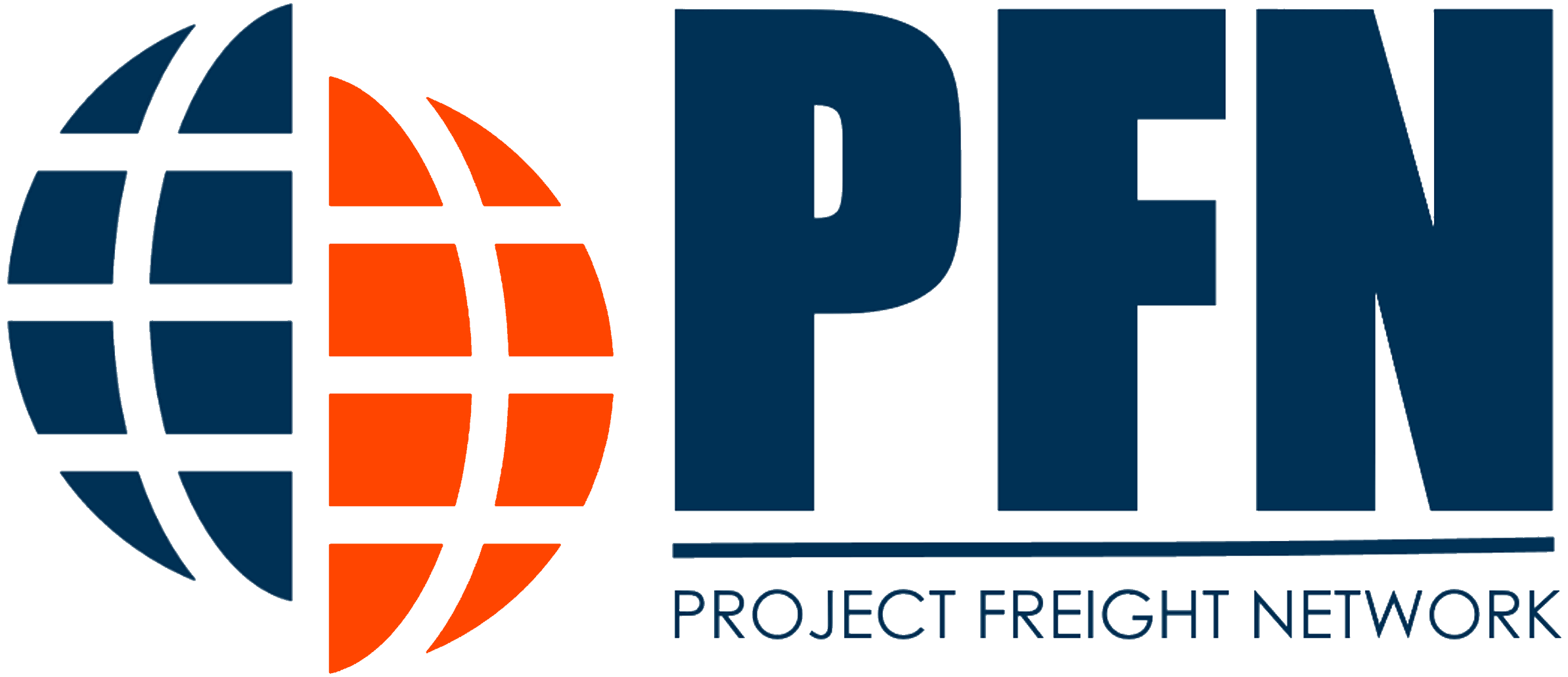Cargo Superintendents play a crucial role in ensuring the smooth and efficient handling of a wide range of cargoes, including general, project, and heavy lift cargoes. Their expertise and meticulous attention to detail contribute to the safe and successful execution of cargo operations. Here are some of the key services that Cargo Superintendents provide:
- Inspection-Survey:
Cargo Superintendents conduct thorough inspections and surveys of products, goods, and cargo. This involves assessing the condition, quantity, and quality of the cargo to ensure compliance with industry standards and client requirements. - Lashing Monitoring and Certification:
One of the critical tasks of Cargo Superintendents is to monitor, calculate, and certify the proper lashing and securing of cargoes on vessels. This helps prevent shifting, damage, or loss during transit. - Vessel Suitability Survey:
Prior to loading, Cargo Superintendents assess the vessel’s suitability for carrying the intended cargo on a specific voyage. This includes evaluating factors such as vessel stability, weight distribution, and cargo compatibility. - On-Hire, Off-Hire & Condition Survey:
Cargo Superintendents perform surveys to determine the condition of the vessel and cargo before and after the charter period. These surveys help document any changes or damages that may have occurred during the lease. - Prevention Inspection:
Cargo Superintendents conduct inspections aimed at preventing potential damage or loss to goods. By identifying potential risks and recommending preventive measures, they help mitigate potential issues during transit. - Pre-Entry/Pre-Purchase Survey:
Before a vessel is chartered or purchased, Cargo Superintendents assess its condition and readiness. This assists clients in making informed decisions and ensures that the vessel is suitable for the intended purpose. - Loss Extent Assessment:
In the unfortunate event of cargo loss or damage, Cargo Superintendents assess the extent of the loss and provide detailed reports on the nature and scope of the damage. - Supervision and Coordination:
Cargo Superintendents oversee and coordinate cargo handling operations to ensure that they are conducted safely and efficiently. They work closely with port authorities, stevedores, and other stakeholders to manage the entire cargo handling process. - Load Rotation and Cargo Handling Planning:
Cargo Superintendents develop load rotation plans and cargo handling procedures to optimize space utilization and prevent overloading while maintaining cargo integrity. - Reporting and Advising:
Throughout the cargo handling process, Cargo Superintendents provide regular reports and advice to clients. They keep clients informed about the progress of operations, potential challenges, and any adjustments that may be needed. - Comprehensive Reporting:
After cargo operations are completed, Cargo Superintendents provide comprehensive reports that include a statement of facts, final stowage plan, diagrams of lashing arrangements, and photographic documentation.
Overall, the role of a cargo superintendent is vital for the efficient and safe movement of goods through various stages of transportation, from loading at the point of origin to unloading at the destination. Their attention to detail, knowledge of regulations, and ability to manage complex logistics contribute to the smooth functioning of cargo operations.





